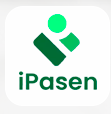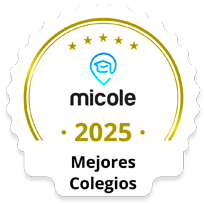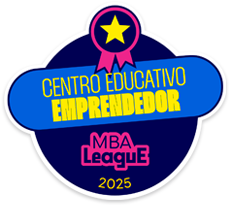Pre-primary Second Cycle
BWelcome to Pre-primary Second Cycle First at Platero Green School. The information is structured as follows:
Methodology
Hemos The methodology of the second stage of Infant Education is structured in tabs. If you click on the one you want to read, it will be displayed and you can click again to close it.
The educational content of Infant Education is structured in subject areas corresponding to the developmental aspects of the school stage, which are experienced in a global way as follows:
3 - 6 years old.
Our classrooms are organised in small CORNERS OR LEARNING ENVIRONMENTS where students can find the resources to carry out different tasks and games. These environments are designed and supervised by the teaching staff, taking into account the theory of MULTIPLE INTELLIGENCE. Thus, the different materials, activities and games guarantee that they are adapted to the diversity of the students.
Students are free to choose their own areas of interest. The role of the teaching staff is essential as they are responsible for encouraging the students, resolving doubts and stimulating interest in their use.
PROJECT-BASED LEARNING at this stage of education allows students to discover, investigate and become competent and capable of functioning in life.
The choice of this methodology, besides being the link and contextualisation of all areas, means teaching students to think and learn by themselves, giving them the tools and strategies to find information, so that they are the protagonists of their learning. Thus, the development of the students is shaped in a global way, taking into account all their abilities.
In this way, when working with each of the projects, we encourage different types of learning: discovery, cooperative, metacognitive and traditional.
Reading goes beyond learning a cognitive process. The emotion to learn new stories, the imagination as a way to discover other landscapes and other characters are part of this process. At this stage, PHONOLOGICAL AWARENESS helps us to prepare our students in the acquisition of key pre-reading skills through play and experimentation, movement and stories, allowing us at all times to respect the evolutionary rhythm of each student, leaving them to be active in their learning.
The development of logical-mathematical thinking is essential for dealing with everyday situations, analysing them, finding and calculating solutions to solve everyday problems.
The ABN method allows the students to understand what they are doing when they solve an operation or a problem, to reach mental calculation in a simple and natural way, as well as to increase their capacity to solve problems in a creative way.
When students understand what they are doing, the area itself becomes a game that continuously proposes new challenges, bringing the motivation for new learning.
Children know the environment and its possibilities through their bodies. Movement and the control they have over it are the fundamental means for learning. Movement is also communication, it is part of our way of interacting with others. Likewise, numerous studies on NEUROEDUCATION alert us to the potential that movement has in relation to the development of the brain.
Through movement, experience and the interaction of their body with the environment, children acquire basic motor skills that facilitate brain maturation and learning. The motor game becomes our ally to achieve this.
The main goal in incorporating bilingualism in the second stage of Infant Education is to bring students closer to and initiate them in the learning of the foreign language as an instrument of communication, connecting the learning to the contexts of their daily lives, contributing directly to the correct evolution of one of the main subjects in Infant Education.
On Fridays, very special sessions are held that are included in the One Month, One Value project. Every month we introduce a value with dynamic and attractive activities for the students, which take place in these sessions but which are experienced every day in the life of the classrooms. This way, boys and girls become the protagonists of school life, deepening their knowledge of subjects as diverse as:
- Self-esteem.
- Respect for the environment.
- Solidarity.
- Peace and non-violence.
- Responsibility and tidiness.
- Coeducation.
- Respect for diversity.
The Infant classrooms have the following audiovisual material:
- Projector.
- Digital whiteboard.
- Speakers.
- Internet access.
It is a resource that complements learning. Its use gives us other ways to introduce the same concept to the students through different ways.
Simple day-to-day habits in the classroom gradually become routine at specific moments, such as the entrance to the classroom, the assembly, during autonomous work, when working in different environments, during the break, the exit to the canteen, personal hygiene, etc. The habits and routines in the classroom space provide students with the security of knowing what to do in certain situations.
We carry out a continuous, global and formative assessment that has as a reference the objectives established for the stage:
- Individualised, focusing on the evolution of each student, taking into account their initial situation and particularities.
- Integrative, for which it contemplates the existence of different groups and situations and the flexibility in the application of the evaluation criteria that are selected.
- Qualitative, in the sense that all the aspects that affect each particular situation are appreciated and the different levels of development of the students are evaluated in a balanced way, not only those of a cognitive nature.
- Continuous, since it deals with learning as a process, contrasting the different moments or phases.
We use interviews with families, conversations with students, play situations, children’s productions, etc. as observation instruments that allow us to collect individual information about the students’ learning process in an organised way.
The work in the vegetable garden brings the students closer to the natural environment. Contact with the land, animals and plants in the garden provides them with meaningful experiences and helps them to understand unique natural processes.
In these sessions the students become aware of the care of the environment and develop responsibility.
The school trips are stipulated within the Infant School curriculum, and are enriching for our students, covering all areas in a globalised way.
It is a unique time of learning both before, during and after the activity. The topics are usually connected with their interests, their evolutionary moment and the ideas in which the project is deepening, whenever possible.
The role of the families in our school is very important, as we believe that there should be a link and coordination between the family and the school in order to take a common path in the learning of our students.
Families have two fundamental roles within our education stage:
Firstly, the parents’ representatives are elected at the beginning of the school year and they greatly encourage the work of communication, organisation of activities and proposals with the other families.
Secondly, "Family Time" is a space reserved for families to actively participate in the teaching and learning process by carrying out activities they themselves direct, based on the project they are working on at that moment.
Teachers of this Cycle
Introduction

Ana Melero Molina (Coordinator)

María José Villalóbos Hernández

Marina Santiago Ramos
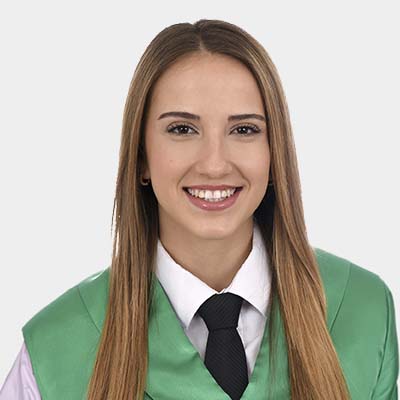
Inmaculada Montiel Díaz
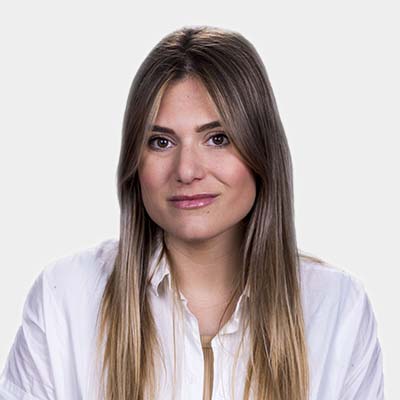
Alba Solano Jiménez

Argeme González Pizarro
School Trips
Course 2024/25
| Course | Date | Activity | |
|---|---|---|---|
| 1º, 2º y 3º | Octubre 2024 | La Ciudad de Waigo (Málaga) | |
| 1º, 2º y 3º | Noviembre 2024 | La seño de los cuentos (Colegio) | |
| 1º, 2º y 3º | Diciembre 2024 | Ruta de senderismo (Málaga) | |
| 1º, 2º y 3º | Enero 2024 | Tragasueños (Málaga) | |
| 1º, 2º y 3º | Marzo 2024 | Huertum (Alhaurín de la Torre) | |
| 1º, 2º y 3º | Abril 2024 | Cientacuentos (Colegio) | |
| 1º, 2º y 3º | Mayo 2024 | Actividad medioambiental (Málaga) | |
| 1º, 2º y 3º | Junio 2024 | Acampada (Coín) |

